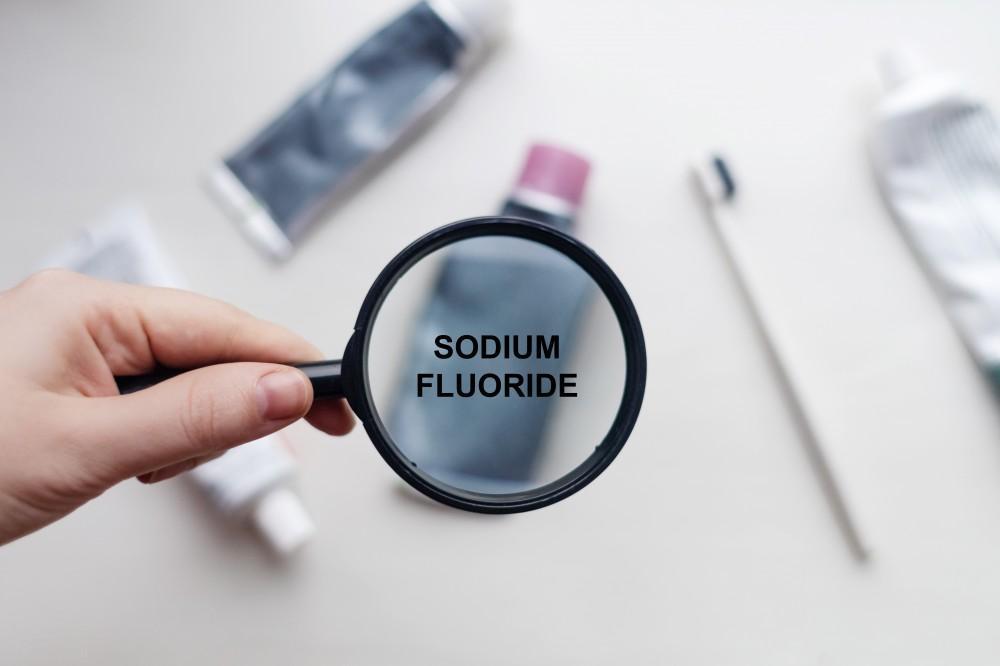
Afraid of the Dentist: Why Sedation Dentistry Might Be Right for You

Does the mere thought of visiting the dentist’s office make your hands sweaty, your heart beat faster, and generally put you in a tailspin? And if that’s what happens when the thought merely enters your mind, what’s it like when you actually get there, surrounded by bright lights, dental tools, and… that smell?
It may surprise you to learn that you’re far from alone if you have intense dental anxiety — nearly a third of the population does.
Fortunately, dentists can do some things to soothe patients and increase their emotional comfort, whether they’re due for a routine checkup or a procedure like a root canal. The dental team at Expressions in Dentistry isn’t only highly clinically skilled, they’re sensitive to your needs, and they understand that fear of going to the dentist is real, widespread, and treatable.
Why am I afraid of the dentist?
Often, a fear of going to the dentist stems from a bad childhood experience, or perhaps even as an adult, you had an unpleasant, painful time during a procedure. Other factors that patients describe include:
- Not being in control
- Not knowing what the dentist is doing or what’s happening next
- Feeling afraid of getting a novocaine injection
- Fear that the anesthetic won’t work to numb them
- Living with a sensitive gag reflex
- The sensory experience — the sights, sounds, and smells of the dentist’s office
- Anxiety about the aftereffects of anesthetics, which may include nausea, dizziness, etc.
- Discomfort with dental staff being so close to them for so long
- Self-consciousness about the condition of their teeth and being judged for it
It’s vulnerable to be sitting in a dentist’s chair for numerous reasons, and the anticipatory anxiety about the possibility of pain can be overwhelming.
Hope for patients trying to cope with dental anxiety
The Expressions in Dentistry care team never wants anyone to do what comes naturally if they’re afraid of the dentist: put off coming to see us. Delaying taking care of your teeth can turn into years of neglect, and this means that any problems brewing in your mouth are guaranteed to get that much worse.
For example, gingivitis, or mild gum disease, can be treated fairly simply in its beginning stages, but once it progresses to periodontitis (the severe stage of gum disease), treatment is more complicated and involved, and it has the potential to be more uncomfortable.
Even more serious is the fact that we now know that your oral health impacts your overall health and that an unhealthy mouth can lead to serious health conditions like heart disease, respiratory diseases, and even complications during pregnancy and birth.
When you visit your dentist at Expressions in Dentistry, please share with them that you have dental anxiety if you’re struggling with it. They have treatments that can make your trip to the office not just bearable, but pleasant!
These include nitrous oxide, an odorless gas that may make you laugh while alleviating your fear, and “twilight” intravenous sedation, which puts you in a deeply relaxed state during treatment.
Nitrous oxide treatment is easy for your dentist to regulate, good for people with strong gag reflexes, and you come back quickly after it stops being administered, while IV sedation can be a boon to patients needing longer dental procedures.
Conscious IV sedation causes you to drift in and out of a light sleep, and patients often don’t remember much about their procedure — all in all a good thing if you’re so affected by anxiety that you have trouble sleeping the night before your appointment, your stomach is in knots, and you suffer other debilitating symptoms.
Another option your dentist may recommend is prescription medication that’s designed to either put you into a unique hypnotic type of sleep or ease your anxiety.
Sedation dentistry can help anyone dealing with dental anxiety, but it also offers special advantages to those with disabilities and the elderly, for whom visiting the dentist can be uniquely challenging.
Things that you can do yourself to tame dental anxiety include meditation before or during your appointment, listening to soothing music while you’re at the dentist, and even having someone accompany you to your appointment and take you home afterward.
One thing is crystal clear: It’s critical to get professional dental care regularly. If you feel frozen in fear about coming to see us, talk to us. We’re here to help.
Call our Folsom office at 916-983-6767 to schedule an appointment and create a strategy with your dentist for dealing with anxiety, or use our convenient online booking tool.
You Might Also Enjoy...


Pediatric Oral Health: 5 Invaluable Benefits of Dental Sealants

Fast Track Your Smile Straightening With FastBraces in the New Year

Help Your Smile Sparkle for the Holidays with Teeth Whitening

Advantages of Tooth-Colored Fillings Over Silver Fillings

